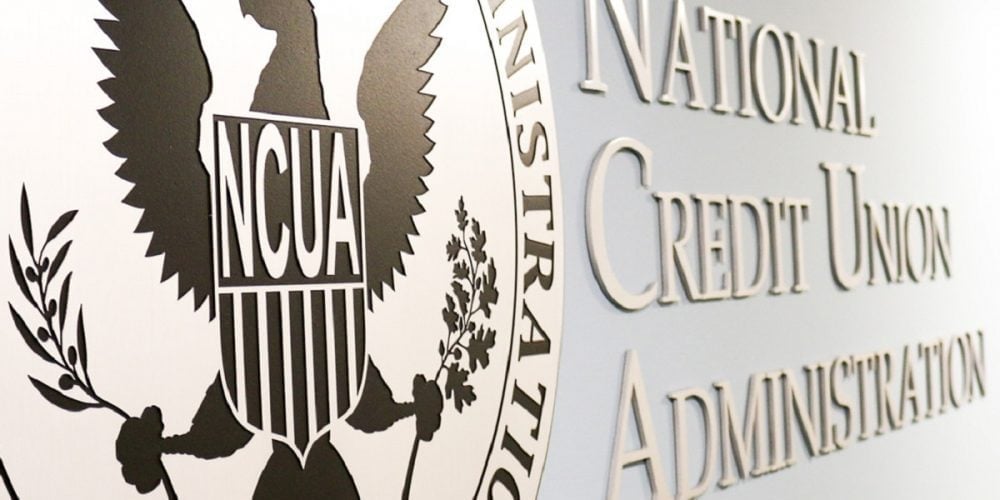September 12, 2012
Mr. Randy Smith
Publishing/Managing Editor
CUinsight.com
rsmith@cuinsight.com
Dear Randy:
Supercalifragilisticexpialidocious is a word that we were introduced to in the 1964 Disney musical film “Mary Poppins”. What does it mean? Who really knows, but it is a pleasant sounding word and has a good ring to it.
Recently, I was introduced to a financial concept that I call interestrateriskderivativeswapcap. The word may not flow as easily as the one made famous by Julie Andrews, but it does have an interesting sound to it and combines, for the most part, much of what needs to be looked at when proposed as a risk management option for credit unions.
Financial regulators are consistently looking at additional, permissible ways for the institutions they regulate to invest their funds. In today’s economy, having experienced losses as a result of a recession that refuses to leave, an economy that cannot heal itself and a housing market that has more problems than a math book, financial institutions are trying to find ways to protect themselves from the interest rate risk that comes with the current environment while at the same time achieving acceptable returns.
Interestrateriskderivativesswapcap is not an easy concept to understand. My first interaction with the idea left me with more questions than answers. Working through explanations of what the concept is all about from individuals who have studied and analyzed its performance and value to financial institutions helped me understand what needs to be considered.
When evaluating this concept, we need to look at the words which make it up and try to understand the meaning of each.
Interest rate risk is the risk inherent in an interest bearing asset, such as a loan or a bond, due to variability of interest rates. In general, as rates rise, the price of fixed rate bonds will fall, and vice versa. Interest rate risk is commonly measured by the instrument’s duration.
A financial derivative is an asset whose value depends on the behavior of another asset or assets, or on a financial index.
An interest rate swap is a contractual agreement between two parties to exchange interest payments, such as fixed interest rate payments for variable rate payments, at certain intervals over a specific time period.
A cap is a contractual agreement in which buyers pay upfront premiums to receive payments at the end of each period in which interest rates exceed an agreed upon rate.
When combined we have interestrateriskderivativesswapcap. Still a little confused? Don’t feel bad if you are. It is not an easy concept to grasp, understand and implement. However, it is and can be a valuable tool for some credit unions.
NCUA approved derivative pilot programs for individual credit unions and third party vendors beginning in 1999. Currently, 10 credit unions are involved in the derivative activity either independently or in a vendor operated program. The participating credit unions, all large, have approximately 1.2 billion dollars in the program.
13 years is more than enough time to generate and evaluate a pilot program. NCUA Must now decide if the lessons learned from this program now merit it be refined, improved, and offered to those credit unions strong enough and having the necessary expertise to participate in the activity
As with any program there are things that can go wrong and problems that financial institutions could experience. What is the cost for insurance protection? What if the protection needed is not calculated properly? What if rates decline and credit losses on hedged assets result in significant losses to the credit union?
These are just a few of the questions that must be considered, evaluated and answered.
Derivative transactions like member business loans or alternative capital, are not for every credit union. However, there are some for which it can be a valuable addition to their tool box.
With proper regulation, control, due diligence, monitoring, and common sense, derivative transactions can be of significant value to the credit union industry.
Sincerely,
Michael E. Fryzel
Board Member
National Credit Union Administration
1775 Duke Street
Alexandria, VA 22314-3428
703-518-6300
www.ncua.gov






